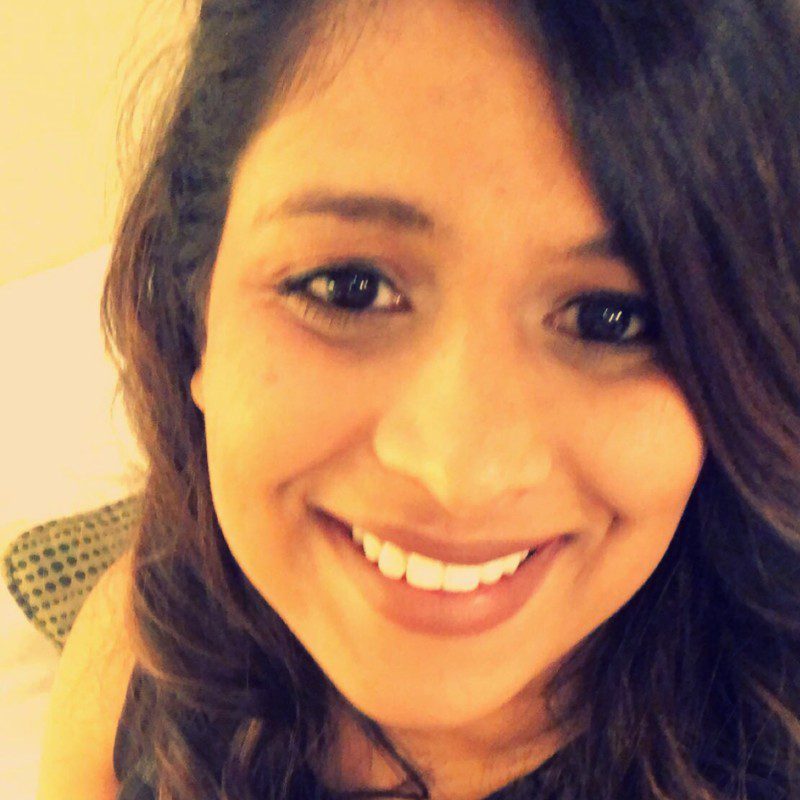Ventera Senior Scrum Master Tulsi Pathak

How do you work with people to create or foster diversity in the workplace?
Diversity and inclusion are vital elements to the success of any team or business. My goal is to have teams leverage their human experiences to better connect with the individuals that we serve, socialize with, and collaborate with.
As a leader, it is critical to have the self-awareness to understand your own biases, ask questions where you feel your knowledge may be limited, and actively listen. Being vulnerable when communicating your points of view helps to build trust.
Respect what others bring to the table; their past experiences and who they are as individuals strengthen our overall ability to operate as a cohesive unit and tackle complex challenges together.
How have your past experiences influenced these efforts and how you approach your work, your colleagues, and the world as a whole?
My past experiences have allowed me to understand the immeasurable value of embracing an individual’s differences and perspectives. I was raised in an environment that promoted curiosity, acceptance, and learning about people’s differences, but not defining anyone by a preconceived standard or bias.
As a minority woman in the tech field, I have learned to have direct conversations and remain true to myself in situations that may stem from unconscious biases or assumptions.
As a leader, I aim to continue growing and promoting an environment of empathy, respect, and understanding.
What does it mean to you to have a commitment to diversity and inclusion? How do you think we can continue to support the need for social change?
Diversity and inclusion is not just a checklist or metrics to be achieved, but rather a social change that focuses on acceptance and practicing that acceptance in tangible ways.
Ventera has committed to supporting and fostering individuality to drive social change through investments in DRIVE, Women in Tech, volunteerism, and modifying hiring practices.
What is your favorite part of your culture?
For me, being Asian American is about appreciating the sacrifices made by so many in leaving their countries behind to build a life full of opportunities for themselves, their children, and/or future generations.
My parents were immigrants to the United States from India in a time when there was not as much acceptance, and biases flooded people’s perceptions. To leave the life you grew up with and move across the world is risky, and nothing short of admirable. They worked hard, struggled a lot, set an example of respect and acceptance, and strived to provide my sisters and me with an inclusive environment. This provided us with the ability to explore our cultural and religious curiosities while receiving support for our values as individuals and upholding our Indian traditions.

